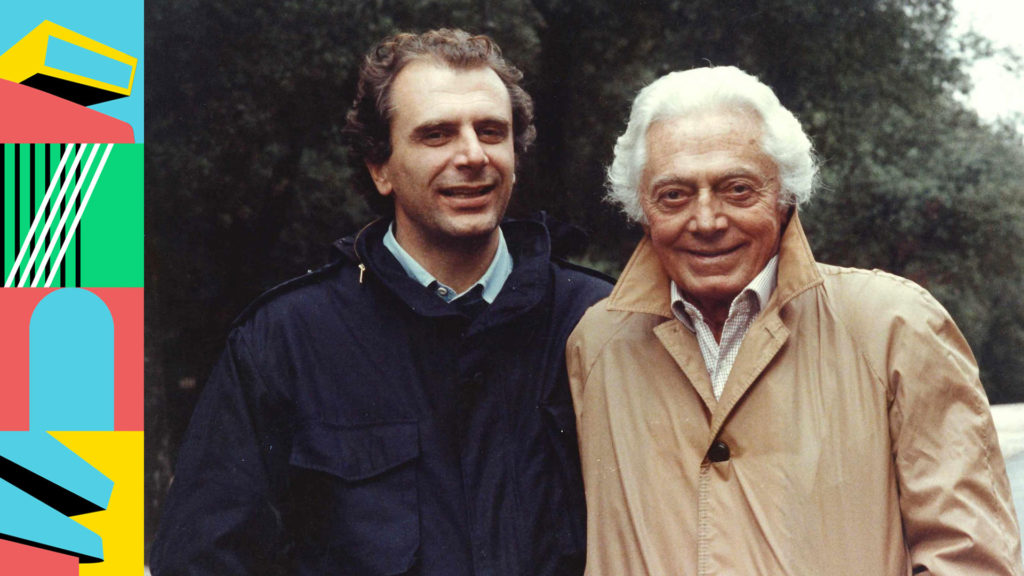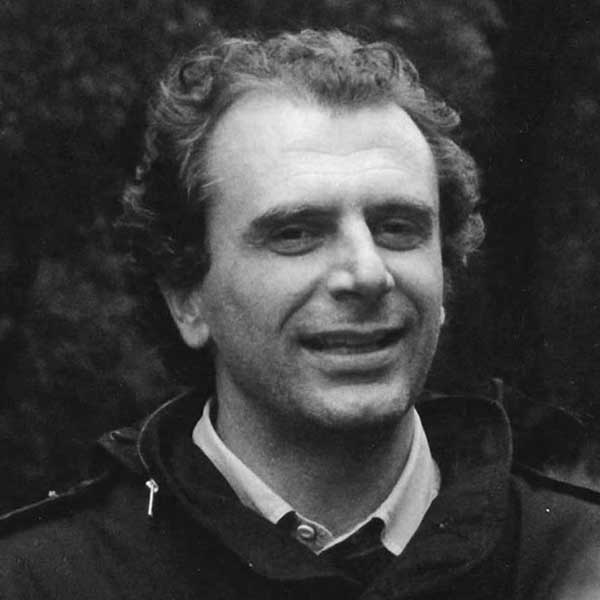event
Wednesday 15 July 2020 9.00 PM - 10.30 PM
– for young people aged between 18 and 25 (not yet turned 25);
– for groups of 15 people or more;
– La Galleria Nazionale, Museo Ebraico di Roma ticket holders;
– upon presentation of ID card or badge: Accademia Costume & Moda, Accademia Fotografica, Biblioteche di Roma, Centro Sperimentale di Cinematografia, Enel (for badge holder and accompanying person), FAI Fondo Ambiente Italiano, Feltrinelli, Gruppo FS, IN/ARCH Istituto Nazionale di Architettura, Sapienza Università di Roma, LAZIOcrea, Palazzo delle Esposizioni, Amici di Palazzo Strozzi, Accademia Nazionale di Santa Cecilia, Scuola Internazionale di Comics, Teatro Olimpico, Teatro dell’Opera di Roma, Teatro di Roma, Università degli Studi di Roma Tor Vergata, Youthcard;
– upon presenting at the ticket office a Trenitalia ticket to Rome purchased between 27 November 2024 and 21 April 2025
valid for one year from the date of purchase
– minors under 18 years of age;
– myMAXXI cardholders;
– on your birthday presenting an identity document;
– upon presentation of EU Disability Card holders and or accompanying letter from hosting association/institution for: people with disabilities and accompanying person, people on the autistic spectrum and accompanying person, deaf people, people with cognitive disabilities and complex communication needs and their caregivers, people with serious illnesses and their caregivers, guests of first aid and anti-violence centres and accompanying operators, residents of therapeutic communities and accompanying operators;
– MiC employees;
– journalists who can prove their business activity;
– European Union tour guides and tour guides, licensed (ref. Circular n.20/2016 DG-Museums);
– 1 teacher for every 10 students;
– AMACI members;
– CIMAM International Committee for Museums and Collections of Modern Art members;
– ICOM members;
– from Tuesday to Friday (excluding holidays) European Union students and university researchers in art history and architecture, public fine arts academies (AFAM registered) students and Temple University Rome Campus students;
– IED Istituto Europeo di Design professors, NABA Nuova Accademia di Belle Arti professors, RUFA Rome University of Fine Arts professors;
– upon presentation of ID card or badge: Collezione Peggy Guggenheim a Venezia, Castello di Rivoli Museo d’Arte Contemporanea, Sotheby’s Preferred, MEP – Maison Européenne de la Photographie;
for groups of 12 people in the same tour; myMAXXI membership card-holders; registered journalists with valid ID
under 14 years of age
disabled people + possible accompanying person; minors under 3 years of age (ticket not required)
MAXXI’s Collection of Art and Architecture represents the founding element of the museum and defines its identity. Since October 2015, it has been on display with different arrangements of works.

27 Apr 2025 05.00 pm
CreAzioneLifeby Anton Corbijn
30 Apr 2025 07.30 pm
music performanceOkkyung Lee & Rashad Becker
6 May 2025 06.00 pm
books at MAXXINero indelebileby Mirella Serri
7 May 2025 06.00 pm
talkItalia Amore Mioby Gianfranco Jannuzzo
11 May 2025 12.00 pm
guided toursStop DrawingArchitecture beyond Representation
14 May 2025 06.00 pm
books at MAXXIPaleoestetica. Alle origini della cultura visualeby Michele Cometa

was born on 4 June 1951. He made his debut in cinema in 1982 with I’m Going to Live by Myself, followed by two other comedies with Jerry Calà. With Soldiers 365 Days Before Discharge (1987), he shifted towards a civil commitment that continued with Forever Mery (1989), Boys on the Outside (1990), The Rubber Wall (1991) and The Gang (1994). The grotesque The Last New Year, based on the novel by Niccolò Ammaniti, was released in 1998. In the 2000s he produced, among others, Three Wives, Maradona – The Hand of God and Fort Apache Napoli, which focuses on the dramatic events that saw young journalist Giancarlo Siani killed by the camorra.
Museum Piazza – free entrance until full capacity
10 individual seats reserved for myMAXXI cardholders writing to mymaxxi@fondazionemaxxi.it, by the day before the event
“My dad used to speak about himself, too. He would tell you he didn’t, but he did speak about himself. All you had to do was look and understand. In fact, just look and understand. That’s another plus of cinema: it’s there! Even when you’re not there any longer”.
Dino Risi is the director who enriched the so-called “Italian comedy” with stories, emotions and images. Marco Risi is the young man who challenged his father on his own ground and paved his own way. Can one be a son and also perceive the father as a master?
The result is a story at the crossroads of (cinema) epic and comedy: it soon becomes clear that the vitality of cinema between the 1950s and 1960s depended on an atmosphere of understanding, cohesion, perhaps even conflict, but everyone – everyone – was on the same stage.
In conversation with
Malcom Pagani journalist and writer
Marco Risi